Interactive kiosks, free public Wi-Fi, smart streetlights and sensors, is the start of a new experience for those who live, work and play in Kansas City. Kansas City is just one of many cities utilizing new technologies to support Big Data usage within the city. Smart City initiatives help deliver basic services via real-time data more efficiently and will attract economic development & entrepreneurs.
According to The Central Role of Telecoms in The Smart City, a GSA Paper written by Innovation Observatory Ltd, cities all across the world are studying Smart City initiatives. Basic connectivity is one of the key topics. Even in cities with mature infrastructure, multiple networks will be required. Cellular networks will be one of the many data networks needed.
Cellular carriers are rapidly evolving their networks to utilize more small cells and Distributed Antenna Systems (DAS). These new network elements provide density to the cellular carrier networks which result in an increase in the number of users who can simultaneously access the carrier’s network and higher throughput speeds for those users. Small cells are being used in both indoor and outdoor applications. Where small cells are ineffective at providing coverage and capacity within buildings, DAS are being deployed.
Many will benefit from the Smart City. The Smart City will improve the delivery of City services and enhance the citizen experience. The Smart City will stimulate collaboration and partnerships with businesses. It will foster entrepreneurs to develop the technology needed and the companies needed to implement this technology.
Private companies are collaborating with Kansas City and the result will be seen in enhanced Internet availability, energy savings, new revenue streams, and improved connectivity with citizens.
Challenges of The Smart City have been related to transportation, power, water, waste service provision, quality of the environment, and addressing digital inequality. Challenges have also been identified relating to project funding and the internal processes of cities when engaging third-parties on the development and deployment of new technology.
Many opportunities exist for network equipment manufacturers and telecommunications service providers to collaborate with cities all across the world in developing The Smart City. The approach may be different than approaches used in the past and will likely vary from city to city. However, success is achievable by understanding the city culture and utilizing that understanding to appropriately engage the city.
KEY TAKEAWAYS:
- Historically, emerging technologies have faced complex challenges to successful market deployment.
- In recent years, the smart city idea has become closely aligned with that of sustainability and the desire from city leaders to reduce carbon emissions.
- Smart cities are not yet certain of the best communications options for their use cases, and are looking for guidance.
“Kansas City is part of a leading edge movement to use advances in technology to change the way cities work–from more efficient management of infrastructure like traffic signals, streetlights and stormwater systems to new ways to engage with residents and visitors.”
“Approval for capital projects generally takes a very long time – public sector procurement rules will almost always apply, and gaining political buy-in for large projects can take a very long time. For this reason, involvement in smart city projects is generally limited – at least at the infrastructure layers – to large companies and organisations with deep pockets for tendering processes, and a lot of patience.”
Original sources: www.gsacom.com & http://kcmo.gov/smartcity/


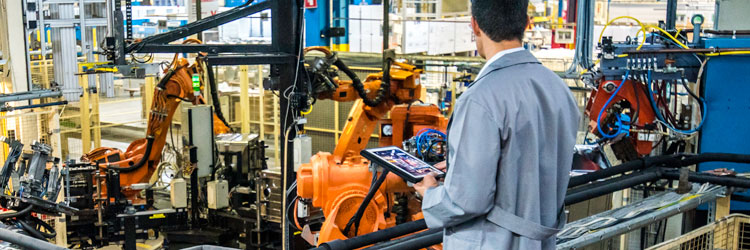

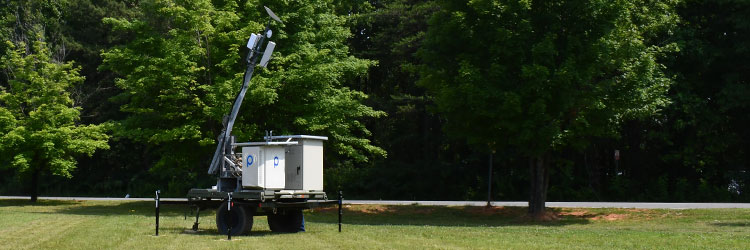



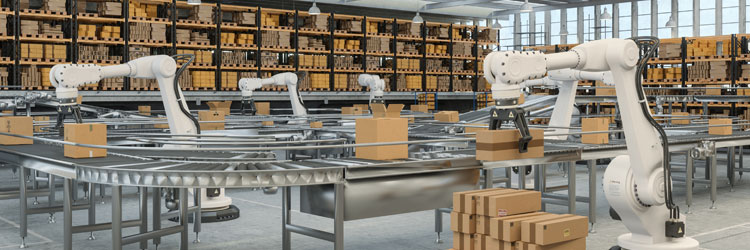

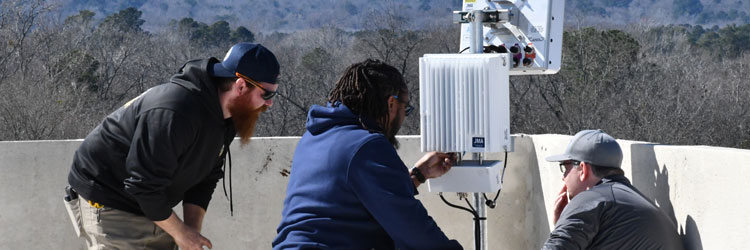


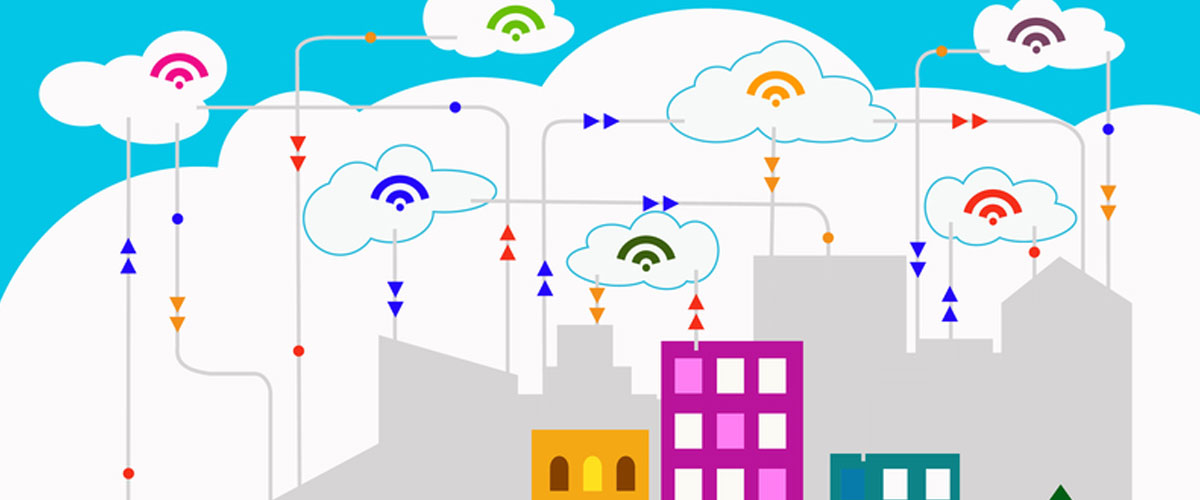
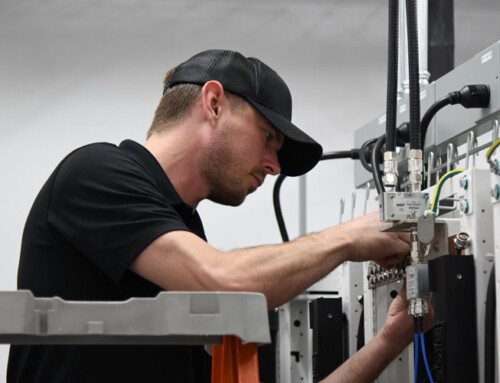
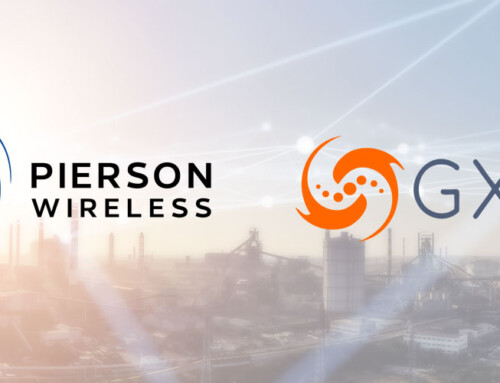


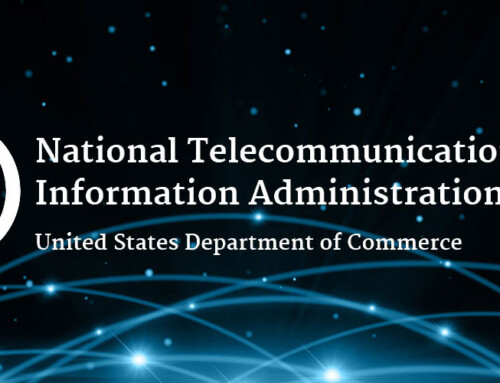


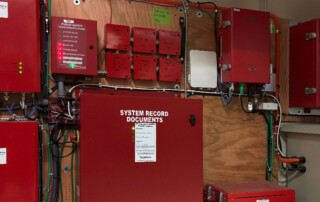

Leave A Comment